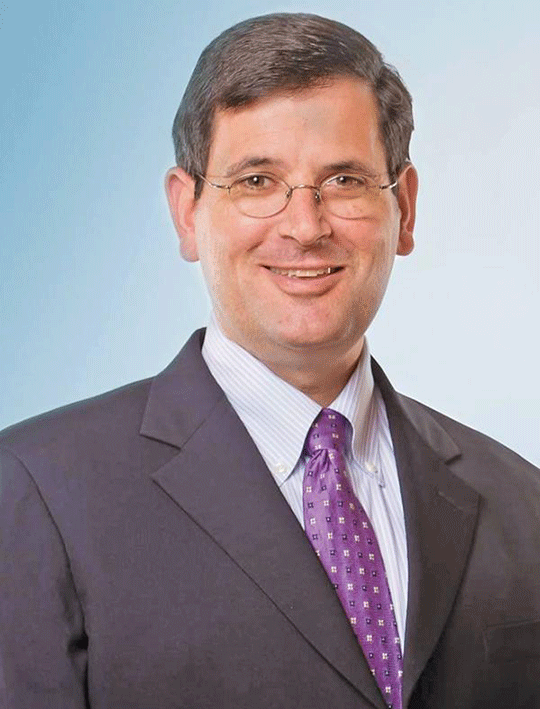Baltimore Friends School Head Chronicles His Experience in the Klingenstein Heads of Schools Program
The following post, originally published in Baltimore Business Journal, was written by Matt Micciche, Friends School of Baltimore Head of School, and a 2015 Klingenstein Center Heads of Schools Program fellow.
Independent schools, like so many other sectors of the economy, have faced novel challenges in the years since the 2008 downturn. As the cost of tuition continues to outstrip inflation and earnings, the pressure to provide educational experiences commensurate with our families’ appropriately high expectations and the significant financial investment they’re asked to make has risen as well.
This delicate balancing act was the topic of discussion at an Italian restaurant on New York City’s Upper West Side, where I recently found myself gathered around a table with 18 school leaders from cities in the United States as well as Singapore, Australia, Kenya, Ethiopia and the Cayman Islands. We had each been selected as recipients of a two-week fully-funded fellowship from the Klingenstein Center at Teachers College, Columbia University.
Housed on the Columbia University campus, the 2015 Heads of Schools program provided our cohort with a deep dive through the complex workings of our schools. Along the way, we enjoyed probing discussions of the writings of Montaigne and Dewey with David Hansen, a Columbia University professor of philosophy. We learned some of the craft of statistical research and methodology. We visited four very different New York City public and private schools and met with the leaders of those schools. And we considered, through our readings, our personal experiences, and our conversations, the urgent questions facing all schools as we chart a course toward a dynamic and sustainable future.
The program’s pace was vigorous, and the reading and writing assignments substantial. Perhaps most powerful of all, though, was the simple act, for us as educators, of being on the receiving end of a learning experience. Being a student once again, feeling the excitement of new and unexpected discovery and the dread of potential failure, served as valuable reminders of the fascinating and messy processes of growth and development that take place every day in our schools.
As I’ve had the chance to reflect on this unique experience, several themes have emerged, many of which, could apply to multiple sectors, not just education:
- Develop a fierce sense of clarity around your mission and effectively communicate your vision and core values to internal and external audiences. As organizational analysts like Jim Collins have long asserted, great institutions articulate their aspirations explicitly and then relentlessly focus their efforts on achieving these aspirations.
- Embrace innovation and new approaches to teaching and learning, being sure to preserve those qualities and traditions that define your school’s identity.
- We are all teachers and learners. Just like our students, teachers and staff need opportunities for autonomy, mastery and growth to ensure their success and that of your school.
- Seek out the strength and wisdom of your peers. Open and honest communication among school leaders, even in the face of stiffened competition for enrollment, benefits all of our schools.
This last point, ultimately, is what the Klingenstein Center’s Heads of Schools program is all about. For those who participate, the opportunity to collaborate among a remarkably talented and diverse group of educators in a deeply immersive setting is nothing short of transformative.
Published Thursday, Apr. 9, 2015
